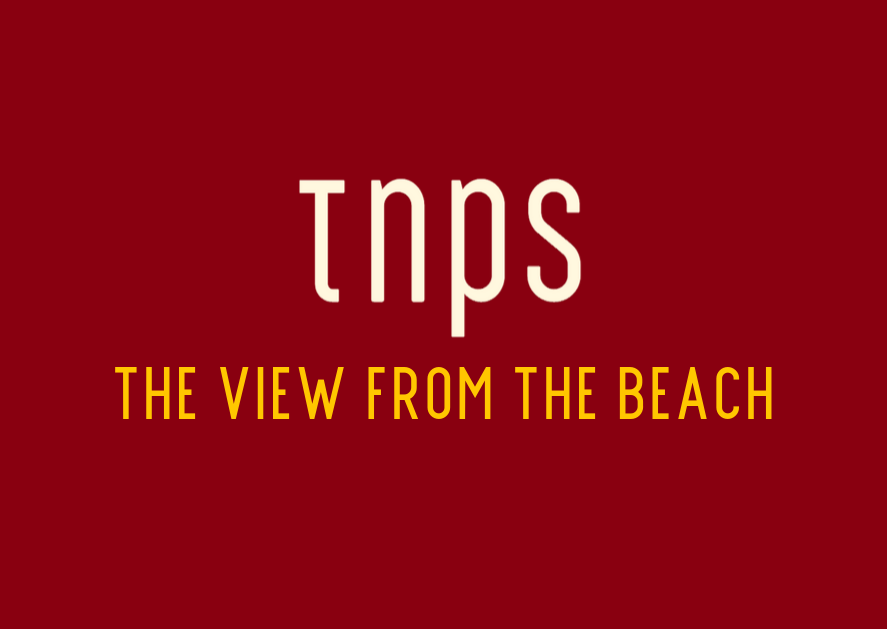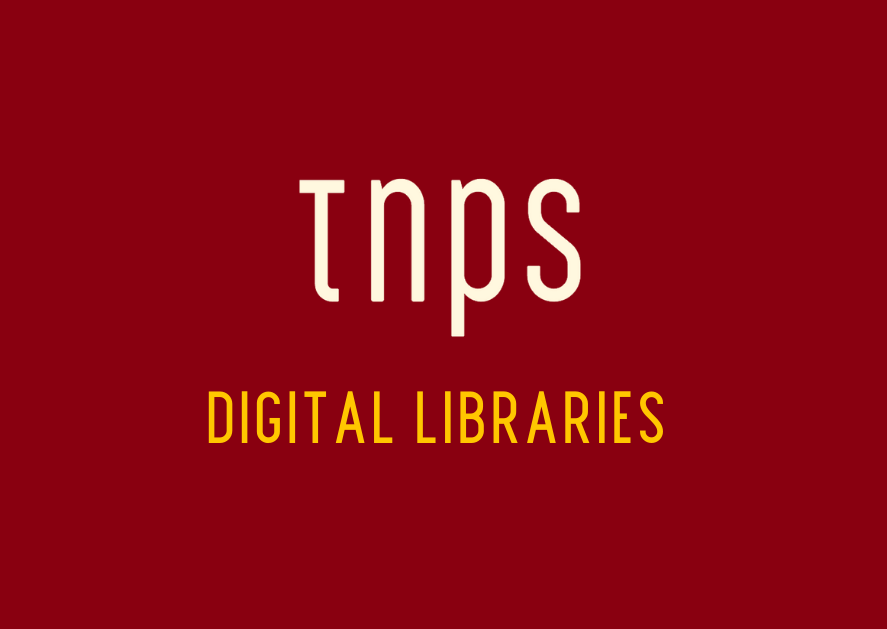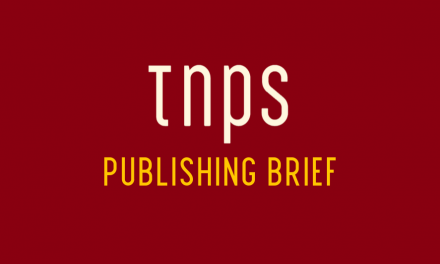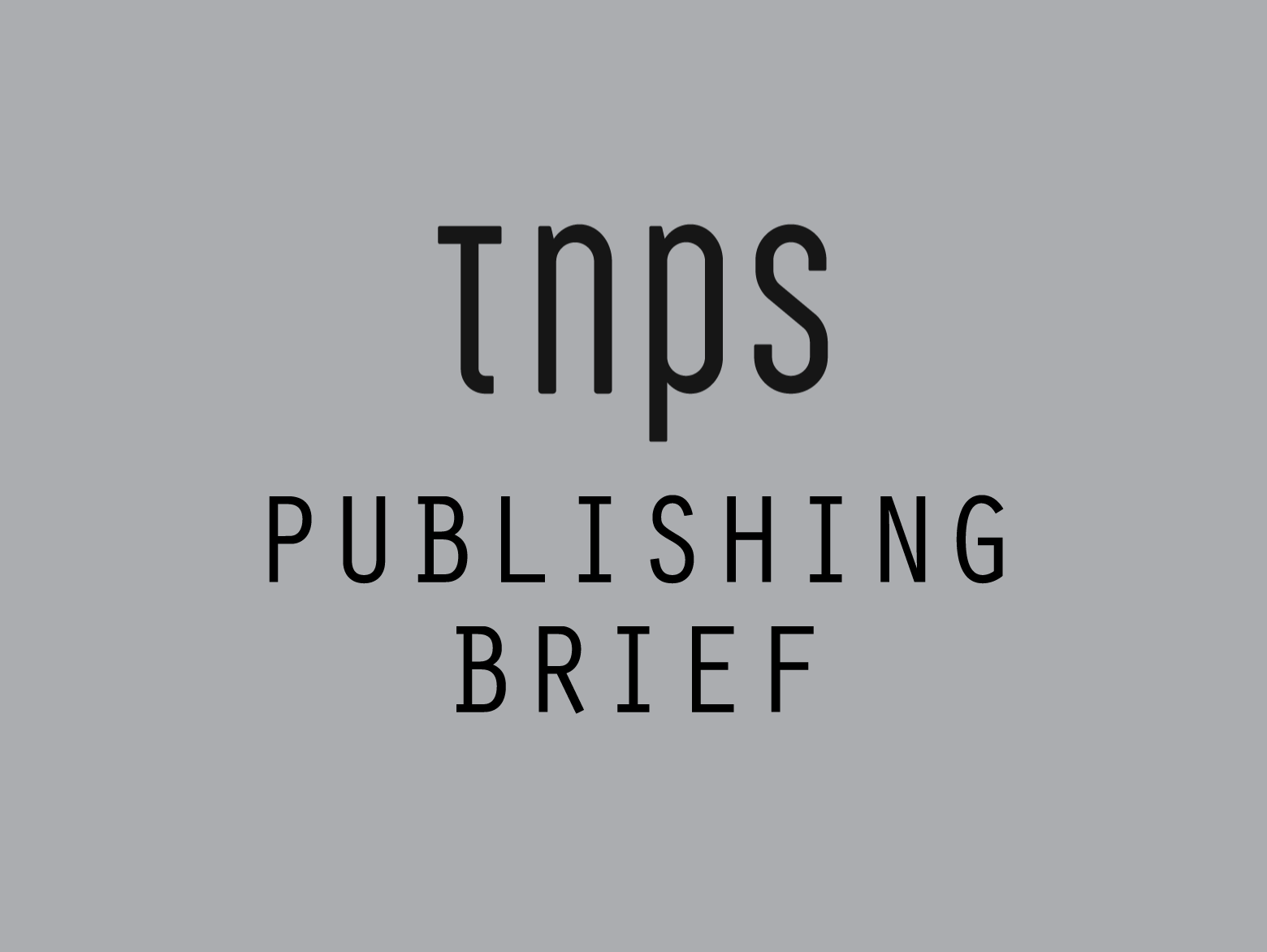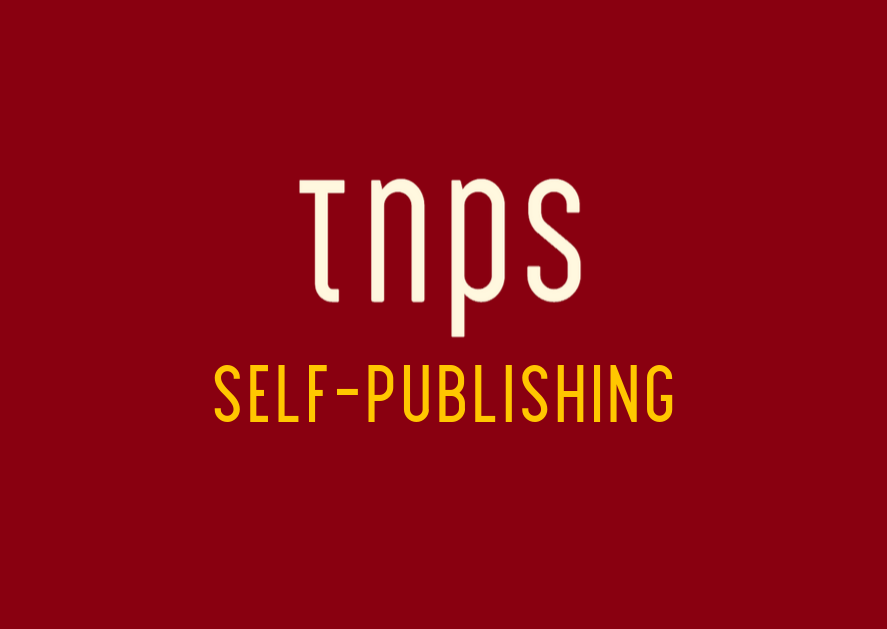When it comes to playing the victim card and putting on raucous demonstrations of self-righteous indignation, the publishing industry is in a historic glass house and really cannot afford to throw too many stones.
It’s a sad truth that the latest Federal Trade Commission lawsuit against Amazon doesn’t even mention the publishing industry, once the cornerstone of the Jeff Bezos empire.
It’s another sad truth that this latest lawsuit is one of so many it’s hard to keep track of. The fourth since Joe Biden became president, and FTC lawsuits against Amazon were happening long before that.
“Amazon duped millions of consumers into enrolling in Prime, US FTC says,” ran a Reuters headline as recently as June 2023.
This headline from The Hill was just weeks earlier:
“Amazon to pay $30M to settle FTC privacy allegations over Ring, Alexa.”
Back in 2021 the FTC announced: “FTC Returns Nearly $60 Million to Drivers Whose Tips Were Illegally Withheld by Amazon.”
I spent a short time researching past lawsuits against Amazon, by the FTC and other parties, before realising it would be a never-ending task and make this post as long as a Tolstoy novel. At which point I decided life’s too short, and the above list more than adequately makes the point that Amazon is no stranger to legal challenges, many of which it loses. Loses, that is, then agrees to some token remedy and/or pays the multi-million dollar fines out of loose change, and carries on as if nothing has happened.
Take Europe 2022, for example.
“Amazon Seals EU Antitrust Truce to Dodge Fines, Boost Rivals” ran the headline in Bloomberg, explaining that Amazon had “settled (EU) antitrust investigations over how the U.S. ecommerce giant allegedly abused rivals’ sales data to unfairly favor it own products and squeeze out other traders on its platform.“
The cold reality is, the history of Amazon is a history of settling lawsuits, paying token fines, promising to be a good boy, and then doing it all over again.
This latest legal challenge from the FTC in the US may – only may, I stress – be the straw that breaks the camel’s back, but Amazon has deep pockets and an endless supply of lawyers ready to argue against what many reports suggest is far from a “slam dunk” case. Scott Rosenberg explained: “These charges can sound persuasive in the pages of the FTC’s 172-page lawsuit filing. But Amazon is about to unleash all the lawyerly energy that a trillion-dollar corporation can afford to buy.”
Which means those of us in the publishing industry currently popping the champagne bottle corks in premature celebration, may yet be left bitterly disappointed. And in any case we should already be disappointed that our industry, the be-all and end-all of our lives, doesn’t warrant a single line in even one of the aforementioned 172 pages of legal gabble.
How can this be? Did we not create this monster with all our books, ebooks, audiobooks? Did we not feed and nurture this monster and wilfully encourage it, back when it suited us to do so?
The Big Box book retailers were getting too big for their boots and needed taking down a peg or two. Retailers dictating terms to publishers? Who do they think we are? Let’s make them sweat by giving this upstart start-up Amazon some books to sell on this new-fangled internet thingummy. We’ll show Borders and Barnes & Noble who’s boss in this industry.
Back in 1998 it was Barnes & Noble and Borders that were being sued for unfair practices. Amazon, just four years old, was barely on publishers’ radar.
From Wired:
“The American Book Association and 23 independent bookstores filed suit against the two companies in US District Court in Northern California, alleging unfair business practices.”
Or let’s cast our minds back to 1996, when Amazon was just two years old. The New York Times has the detail:
“Ending nearly three years of litigation between publishers and bookstores, the American Booksellers Association said yesterday that it had settled an antitrust lawsuit against Random House.
“Under the terms of a consent decree filed in Federal District Court in New York, Random House has agreed to offer the same prices and promotional allowances to all bookstores — ranging from small independents to giant chains like Barnes & Noble.”
Or let’s fast-forward to 2015 when, per Fortune, “An appeals court in New York on Tuesday upheld a 2013 verdict that Apple organized an illegal conspiracy with five book publishers to raise the price of ebooks, noting that so-called horizontal price-fixing is “the supreme evil of antitrust.”
Five book publishers? That would be Hachette, HarperCollins, Penguin, Simon & Schuster and Macmillan.
That case had begun in 2011. Ten years on, in 2021, this from The Guardian:
“Amazon and the “Big Five” publishers – Penguin Random House, Hachette, HarperCollins, Macmillan and Simon & Schuster – have been accused of colluding to fix ebook prices, in a class action filed by the law firm that successfully sued Apple and the Big Five on the same charge 10 years ago.“
In other words, when it comes to playing the victim card and putting on raucous demonstrations of self-righteous indignation, the publishing industry is in a historic glass house and really cannot afford to throw too many stones.
Playing the victim as this latest case heads to trial reeks of hypocrisy when so many in the industry rely daily on Amazon for a substantial part of their revenue and profits. And all the more so if we take a step back and ask ourselves at what point Jeff Bezos put a gun to our collective heads and forced us into this relationship?
Oh yeah, that’s right. He didn’t. He just pursued the same unsavoury (and perhaps at times unethical, or even illegal) business tactics big publishers and big book retailers regularly resorted to.
The reality is we handed Amazon control of online bookselling, be it physical, a la carte ebook and audiobook retail, or ebook and audio subscription. And we did so willingly, for a quick buck and an advantage over other retailers and over consumers. As an industry, we created this Frankenstein monster and we now live, and have long since chosen to live, with the consequences.
Back in 2010 Amazon turned off the “Buy buttons” on all Macmillan titles after Macmillan took up the cudgel and argued against Amazon’s ebook pricing policy, and while that spat was soon settled, Amazon had made its point. Publishers do not dictate terms to Uncle Jeff. Publishers need Amazon, not the other way around.
Thirteen years on and we are still playing the game on Amazon’s terms, only more so. Publishing now is a tiny fraction of the Amazon empire. We have long since lost any meaningful leverage we may once have had. And by lost, I don’t mean Amazon put a gun to our head. I mean the industry gave away our leverage chasing short-term gains and playing gatekeeper games.
Back in 2014 Amazon launched its ebook subscription service Kindle Unlimited. Still smarting from the 2013 price-fixing verdict, publishers unsurprisingly stayed away. Why hand Amazon even more control over the ebook industry than we’d already given it over the previous seven years?
Revenge will be sweet. Let Amazon stew in its own juice, stuck with a subscription service nobody wants, filled almost entirely with those infernal self-published books nobody wants.
A subscription service nobody wants? Enter, stage right, Penguin Random House, the historic home of short term vision and we-know-best arrogance.
This was PRH UK CEO Tom Weldon, in full gatekeeper costume, back in 2014.
“We have two problems with subscription. We are not convinced it is what readers want. ‘Eat everything you can’ isn’t a reader’s mindset. In music or film you might want 10,000 songs or films, but I don’t think you want 10,000 books.”

That of course part of a wider policy of then PRH CEO Markus Dohle to sideline ebooks in favour of his “bet on print“, which began as a noble attempt to keep print relevant in a fast-digitising world, but became an unhealthy obsession culminating in Dohle laughably telling a US court subscription would bring physical book retail to its knees in just three years if the judge did not allow the PRH bid for Simon & Schuster to succeed.
As so often happens in the conspiratorial world of publishing, nearly all publishers followed the AVOID-KU playbook, but Kindle Unlimited has succeeded beyond Amazon’s wildest dreams, despite the industry’s indifference.
In August alone, Amazon paid out almost $50 million in royalties to those infernal self-publishers stupid enough to ignore Tom Weldon’s pearls of wisdom and put their books in the world’s biggest ebook subscription service.

That’s over a half billion dollars a year Amazon is handing self-publishing authors just from the ebook subscription service mainstream publishers have chosen to ignore. Self-publishers have zero leverage when it comes to dealing with Amazon, so try imagine how much Amazon itself is making from that deal…
And while we can say, yes, not supporting KU may well be the right thing to do to not strengthen Amazon’s hand even further given Amazon controls 80% or more of the ebook market, just who’s fault is that?
Who’s fault is it that Amazon owns half the US print market?
Who’s fault is it that Amazon pretty much entirely owns the US audiobook market?
When Storytel bought Audiobooks.com and Spotify entered the US audiobook market, the industry had the opportunity to finally gain some leverage over Amazon’s Audible and regain some control over the Frankenstein monster it had created. But that didn’t happen. When it comes to missed opportunities and own goals, publishing wrote the book.
When Scribd and Oyster and other ebook subscription players came along, offering the industry a chance to level the playing field, publishers like PRH CEO Tom Weldon were tutting, “We are not convinced (subscription) is what readers want … I don’t think you want 10,000 books.” This of course before Kindle Unlimited, so lets not pretend this was some clever ploy by PRH to thwart Amazon’s plans for world domination. This was pure arrogance from the company that thinks its role is to tell readers what they want.
And yes, 2014 was a long while ago, so maybe PRH has revised its thinking by now and has since given readers some credit for being able to make their own decisions?
Do be serious. This was Markus Dohle as recently as May 2023:
“Readers need guidance and orientation provided by publishers and retailers who help them to find their next best read.“
Instead of blaming Amazon for any and all of our industry’s perceived problems, Dohle and co. might want to look at the primary reason why Amazon is so successful, its many unethical and illegal ploys aside.
What Amazon does is give consumers choice. Something many in publishing see as the thin end of the wedge, a slippery slope to cultural oblivion where readers just buy and read whatever trash they like, from self-publishers and small-beer publishers who ae not part of the gentleman’s club circuit, instead of feasting on the carefully selected offerings from the (Dohle’s words again) “merchants of culture.”
And instead of mindlessly rejoicing in Amazon’s latest discomfort as the FTC lays into the company yet again, publishers might want to ask what happens if by some miracle this really is the camel’s back-breaking straw and Amazon is broken up and maybe decides its publishing arm isn’t worth the effort.
Be careful what we wish for.

